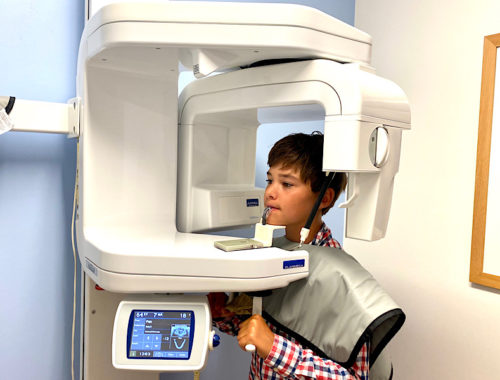Although having a baby is a normal and natural event, it is a time that requires a lot of adjustments. Consider these practical “post-partum” suggestions for taking care of you with a new baby so that you have the energy and desire to care for your newborn and your household in the way that you would like. It can be difficult to make yourself a priority during this time, but you must care for yourself before you can nurture others.
Take Frequent Breaks
Take time for at least one break day from your mothering duties. A break can be a simple and brief as sitting down for a cup of tea or taking a bath. Other suggestions are: have lunch with a friend, take a walk or explore a bookstore (without a “book-destroying” toddler in tow.) Closely related to taking breaks is the issue of getting a babysitter. Getting a babysitter or alternate care-giver is often a big turning point. IT says that you deserve to have one.
Do Good Things for Yourself
Make a point of it, scheduling a time slot if necessary. This must be something you would like to do, not something you feel you should do. Spend some time thinking about what’s for you.
Although being a new mother is exciting, it can also be a rather lonely and frightening experience at times. Sometimes it is difficult to know what to do. You may realize that you need help, support and information about coping and begin a parent.
Acknowledging Your Good Feelings
This is not the same as what is generally called “positive thinking”, which suggests a “layer” of ready-made cheerful attitude over your own feelings of contentment, joy, love and happiness when they arise. Take time to explore these good feelings, however fleeting they may appear to be at times, and enjoy these moments
Acknowledging Your Sad and Angry Feelings
Many mothers, like yourself, have joyfully anticipated this time and can be uncomfortable when they realize they have mixed feelings.
Recognize that your expectations in this regard may be unrealistic. Allow yourself to feel sad, to feel angry, to grieve.
Tears can be healing and can actually relieve stress. Be aware, however, that “negative thoughts” can become repetitive and draining and need to be shared in a supportive setting. Depression, crying for no reason, feelings of helplessness, inadequacy and inability to cope may be signals that you should reach out for help. Look for local resources in your area and community.
Find Ways to Get Angry Safely
This means giving oneself permission to be angry in a safe way. Feelings of anger may range from mild irritation, resentment or frustration to profound rage.
Some suggested ways for safely expressing your anger are: keeping a journal of your feelings; talking with a trusted friend; any physical activity such as swimming, etc.
You may find yourself continuing to feel angry and may need some time to find the outlet which works best for you. You may also find yourself feeling angry toward your baby.
Attending a support group to recognize and verbalize these feelings is very helpful. Do not give up if your anger has not disappeared after one session – the process is different for each person.
Develop a Support System for Yourself
Support networks can include family and friends but there are also community supports for you as well. These groups offer different kinds of support rather than friends and family and are good to explore where you feel surrounded by friends now or not.
Try out mothers’ groups, programs at community centres, family places, babysitting co-ops, and so forth, with a view towards taking care of yourself and sharing with other mothers. The importance of this kind of sharing cannot be over emphasized! Find out what resources are available in your community.
Approved by: BC Women’s Birthing Program Family Education Working Committee Developed 1986 and Revised September 2000
Pacific Postpartum Society (http://www.postpartum.org) – 604-255-7999
Parents Support Services of BC (http://www.parentsupportbc.ca/) – 604-669-1616
Supported Childcare/Family Support Homemakers – 604-775-2300
Parent Education Network – 416-255-8969
Canadian Childcare Federation – http://www.cccf-fcsge.ca/





[…] Taking care of YOU with a new baby Love yourself first 6 Simple Ways to Treat Yourself […]